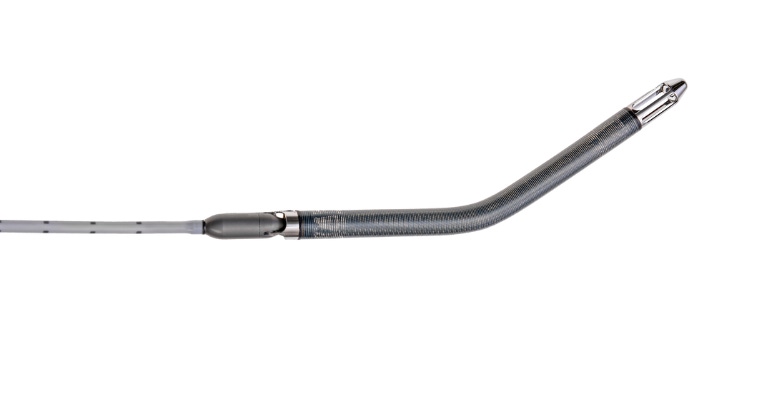The company reported fluid leaking from the purge sidearm of the pump, which when persistent, could lead to loss of therapy.

Abiomed has announced a recall of some Impella 5.5 with SmartAssist systems after receiving complaints from customers reporting purge fluid leaking from the purge sidearm of the pump. The Impella 5.5 with SmartAssist system is a minimally invasive heart pump with peak flows up to 6L/min that is used for up to 14 days when there is ongoing cardiogenic shock that occurs less than 48 hours after a severe heart attack, open-heart surgery, or when the heart is not functioning well due to cardiomyopathy. The system supports the pumping chambers of the heart in these situations. However, devices with leaks could result in persistent low purge pressure and purge flow, leading to pump stop and loss of therapy. Additionally, alarms will sound when the system experiences low purge pressures.
“In patients who are critical, failure of the pump’s support can lead to further deterioration and worsening of their already critical condition and may even lead to serious injury or death,” according to FDA’s recall statement.
Identifying the recall as Class I, FDA said the product effected was distributed between Sept. 28, 2021, and March 6, 2023, and Abiomed reported 179 complaints, three injuries, and no deaths related to the recall. After investigating the complaints, Abiomed said it found that the root causes for the leaks are related to “damage to the purge sidearm (identified in Abiomed Proprietary and Confidential SOP-RA02-F002 rA Page 2 of 6 2019), and interaction of sodium bicarbonate with the luer locking mechanism on the purge sidearm that connects to the purge cassette (identified in 2021),” according to Abiomed’s Urgent Medical Device Recall Letter, which initially notified customers in April. “The integrity of the purge sidearm is critical to the delivery of the purge fluid that prevents blood ingress in the pump motor. After introducing accessories and communications relaying best practices to mitigate these issues, the complaint rate for purge leak due to sidearm damage has decreased but continues to be higher than devices with the preinstalled retainer and new yellow luer. Currently, product in the field includes units with and without the preinstalled retainer and with or without the new yellow luer components.”
Johnson & Johnson, which acquired Abiomed in 2022, noted that, "The latest versions of the Impella 5.5 with SmartAssist sets with the preinstalled sidearm retainer and the new yellow luer are not part of this recall."
The company will replace all affected pumps using a phased replacement approach, noting that there are best practices to help mitigate leaks while waiting for a replacement pump. Abiomed recommends:
Before implant, ensure Impella Sidearm Retainer is in place.
Sterilization solutions which contain isopropyl alcohol — ChloraPrep, Hibiclens, IPA wipes, IPA caps, Stryker Sage 2% Chlorhexidine Gluconate, 3M Duraprep — shouldn’t be applied to the Impella sidearm and purge filter.
A Codan Extension Tubing Set should be used to support delivery of sodium bicarbonate purge solution. For maximum effectiveness, the extension tubing set should be installed dry to the yellow luer on the sidearm at the beginning of the case and should not be disconnected or replaced for the duration of the case.
Purge cassette changes can be performed less frequently — it has been tested with bicarbonate for five days.
The recall news comes after last month’s Medical Device Correction from Abiomed notifying customers of a potential risk of unintentional interaction of specific Impella heart pump motor housing (Impella 2.5, Impella 5.0, Impella 5.5 with SmartAssist, Impella LD, Impella CP, and Impella CP with SmartAssist) with the distal stent of a transcatheter aortic replacement (TAVR) resulting in destruction of the impeller blades.
The company reported that the outflow struts of the TAVR can potentially enter the outlet opening of Impella and damage it during repositioning of the Impella while the impeller is spinning. The interaction between the spinning impeller and TAVR can result in fracture of the impeller material.
About the Author(s)
You May Also Like




